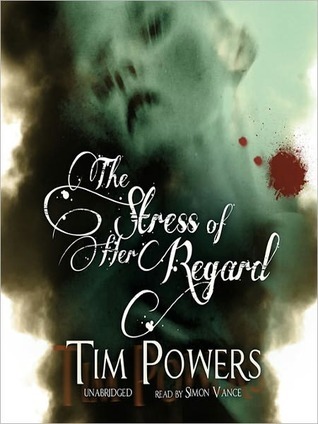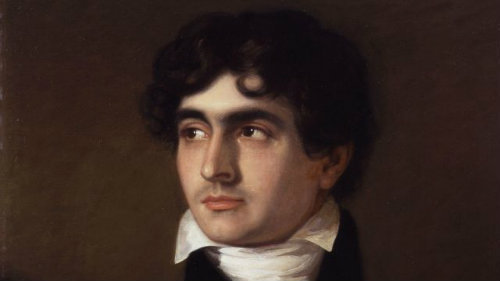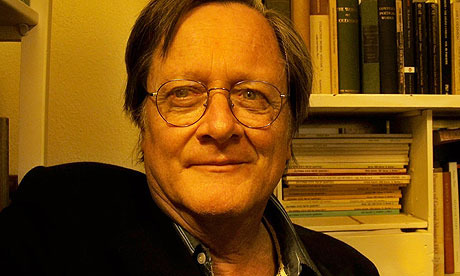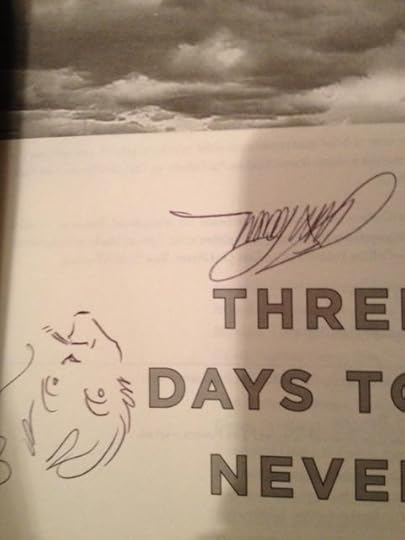What do you think?
Rate this book


17 pages, Audiobook
First published January 1, 1989




 come to my blog!
come to my blog!”Quaff while thou canst: another race,
When thou and thine, like me, are sped,
May rescue thee from Earth’s embrace,
And rhyme and revel with the dead.
-Lord Byron
“Lines Inscribed upon
a Cup Formed
from a Skull”

”In the wind there is a voice
Shall forbid thee to rejoice;
And to thee shall Night deny
All the quiet of her sky;
And the day shall have a sun,
Which shall make thee wish it done.
-Lord Bryon, Manfred

”But the worm shall revive thee with kisses,
Thous shalt change and transmute as a god
As the rod to a serpent that hisses,
As the serpent again to a rod.
They life shall not cease though thou doff it;
Thou shalt live until evil be slain,
And good shall die first, said they prophet,
Our Lady of Pain.
-A. C. Swinburne, Dolores

